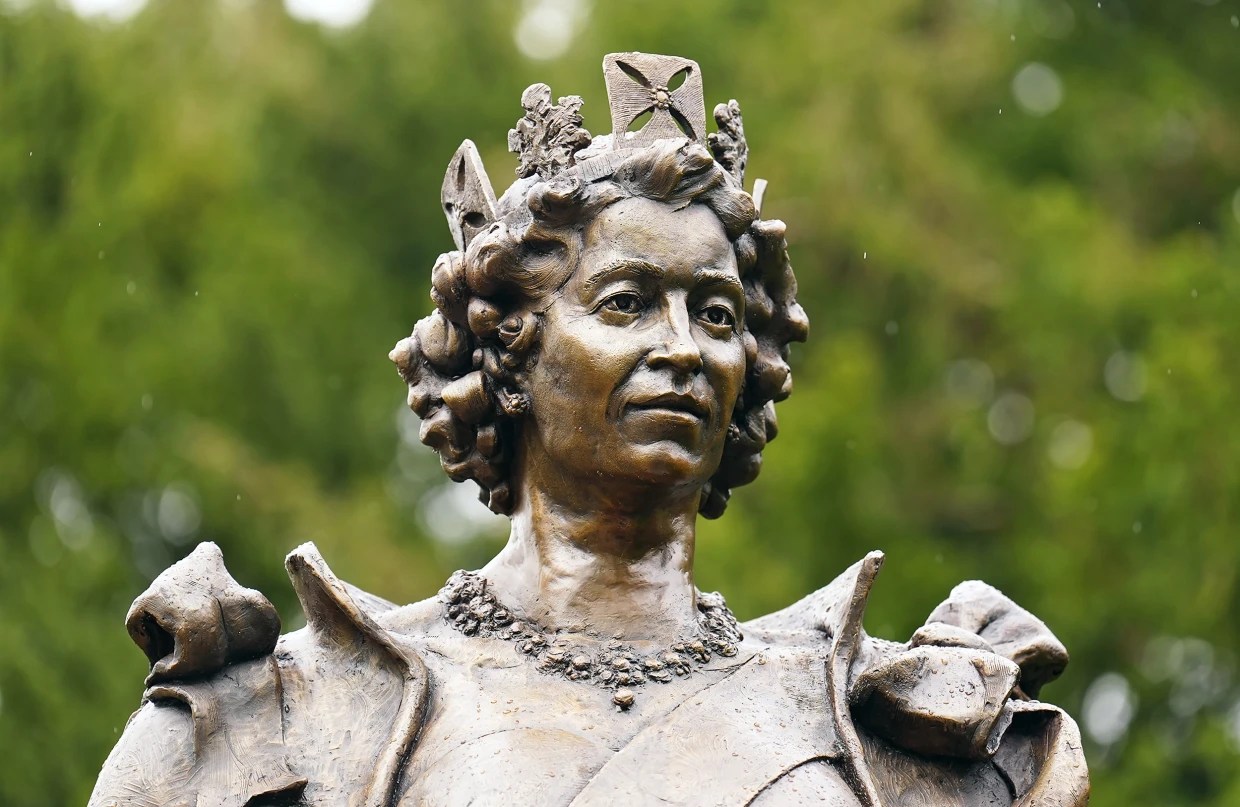The second set of summer Democratic presidential debates will feature a rematch with a twist, plus the first showdown of leading progressives as the party wrestles with its philosophical identity and looks ahead to a 2020 fight against President Donald Trump.
Former Vice President Joe Biden and California Sen. Kamala Harris will take center stage in Detroit on July 31, barely a month after Harris used the first debates to propel herself into the top tier with an aggressive takedown of the 76-year-old Biden's long record on race.
CNN, which is broadcasting the debates, assigned candidates randomly with a drawing Thursday night, with 20 candidates spread evenly over two nights, July 30-31.
This time, Harris, the lone black woman in the field, will be joined by another top black candidate, New Jersey Sen. Cory Booker, who also has been an outspoken critic of Biden. Booker had denounced Biden for his recollections of the "civility" of working in a Senate that included white supremacists and for his leadership on a 1994 crime bill that the New Jersey senator assailed as a mass incarceration agent in the black community.
Meanwhile, Sens. Bernie Sanders of Vermont and Elizabeth Warren of Massachusetts lead the July 30 lineup, allowing the two progressive icons to compete directly for the affections of the party's left flank. They will be joined by several more moderate candidates who are likely to question the senators' sweeping proposals for single-payer health insurance and tuition-free college, among other plans.
Biden vs. Harris has quickly become the defining candidate-on-candidate juxtaposition in the early months of the contest.
Although of different sexes, races and generations, the two rivals share the same broad path to the nomination, particularly the broad coalition of white and black voters necessary to win the Southern primaries that dominate the early months of the nominating calendar.
U.S. & World
Harris' June attacks on Biden's 1970s opposition to federal busing orders as a way to desegregate public schools was a way for her to stand out to liberal whites and to try to cut into Biden's strength in the black community, where he is lauded as the loyal vice president to Barack Obama, the nation's first black president.
To be clear, Biden aides say Harris' broadsides sparked a new aggressiveness and determination for the former vice president, and he's gone on a policy offensive in recent weeks, most notably on health care.
A proponent of adding a public option to the Affordable Care Act insurance exchanges, Biden almost certainly will try to pin down Harris on her support for Sanders' "Medicare for All" proposal. Harris, though, has stopped short of Sanders' explicit call for abolishing private insurance, and she insists that the plan can be paid for without any tax hikes on the middle class.
Biden and Harris will be joined on the stage July 31 by Booker; New York City Mayor Bill de Blasio; Colorado Gov. Michael Bennet; former Obama Cabinet member Julián Castro; New York Sen. Kirsten Gillibrand; Hawaii Rep. Tulsi Gabbard; Washington Gov. Jay Inslee; and entrepreneur Andrew Yang.
Flanking Sanders and Warren on the stage July 30 will be Montana Gov. Steve Bullock; Mayor Pete Buttigieg of South Bend, Indiana; former Maryland Rep. John Delaney; former Colorado Gov. John Hickenlooper; Minnesota Sen. Amy Klobuchar; former Texas Rep. Beto O'Rourke; Ohio Rep. Tim Ryan; and author Marianne Williamson.
Delaney and Hickenlooper have been among the most outspoken moderates warning Democrats against a leftward lurch. Klobuchar, Bullock and Buttigieg also position themselves as more centrist than Warren and Sanders.
A generational split also will be on display: Buttigieg, 37, and O'Rourke, 46, each have called for the party to pass the torch, while Sanders, at 77, is more than twice the young mayor's age. Warren, meanwhile, recently turned 70.
It will be the first debate opportunity for Bullock, who takes the spot that California Rep. Eric Swalwell had in June before dropping out in recent weeks. Another late entry to the race, billionaire activist Tom Steyer, did not meet the polling or fundraising thresholds required for the July debate.
For several of the longshot candidates, the July debates are critical. The Democratic National Committee is doubling the polling and fundraising requirements to make the stage in the next round of debates, scheduled for September in Houston and October in a city yet to be announced.
As of now, it's likely those higher standards would mean many of the 20 candidates on stage in Detroit won't have a place in Houston.



